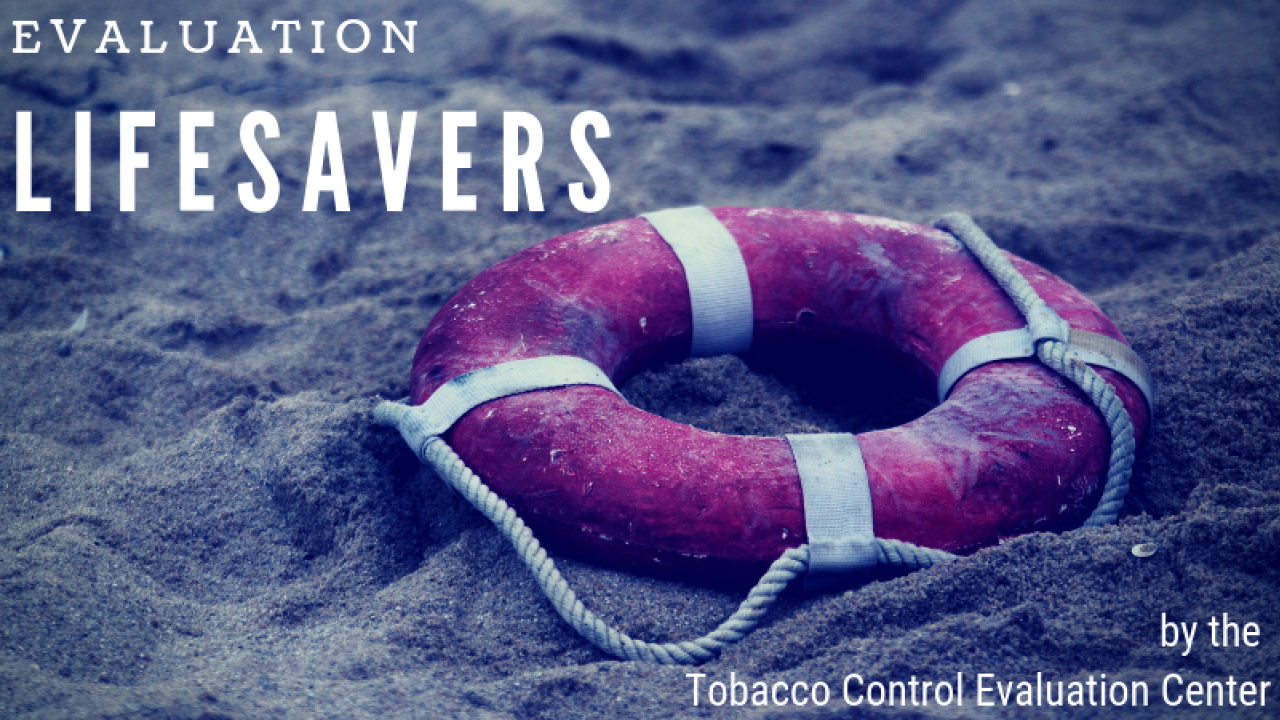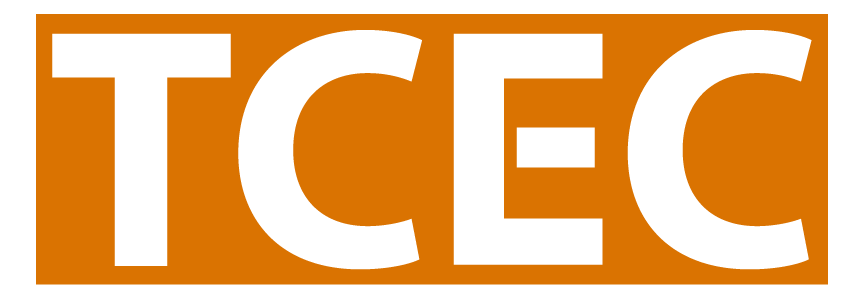
Evaluation Lifesavers: Resources on Public Opinion Surveys
If you haven’t taken the time to explore the Tobacco Control Evaluation Center’s website, you might be missing out on evaluation lifesaving information! In this series, we highlight some of the online resources TCEC provides to our partners in tobacco control.
Public opinion data can be vital to supporting and informing tobacco control efforts. A public opinion survey (sometimes called a public intercept survey, opinion poll, or POP) measures awareness, knowledge, sentiment, and beliefs about tobacco-related issues, and may also ask about people’s exposure to tobacco influences, policy preferences, and inclination to take action. But how do you ensure that you're getting the most impactful data?
TCEC has developed a new resource on Public Opinion Survey Guidance to lead you through the process of designing and administering a public opinion survey. This overview resource helps you begin with the end in mind through end-use strategizing, think through factors that affect your sampling method and sample size, and determine the best method for administering your survey.
If you're looking for what to include in your survey, start by searching for surveys that fellow projects have used in the past stored in our data collection instrument database. For standard questions used for statewide surveillance research, try using the search tool from CTCP called SQuID (short for Survey Question Inquiry Database). Remember to check out the public opinion poll section of the evaluation guide and another newsletter article from a few years ago where it discusses putting yourself in the shoes of someone responding to a survey. This is important for the development of the survey as well as conducting the survey.
For those of you ready to go out into the field, we have resources on using mobile technology, such as the app SurveyPocket, to collect public opinion data. This page will help you get set up with mobile devices, conduct surveys in multiple languages, and export your data for analysis when you're done!
As with any data collection activity, it's important to keep in mind cultural contexts and approach your evaluation with an attitude of cultural humility. TCEC has a range of helpful resources on making your evaluations culturally inclusive, including a page dedicated specifically to collecting demographic data such as sexual orientation and gender identity (SOGI). This page also includes SOGI questions translated into multiple languages!
For further information or help on these topics, check out TCEC's resources or contact us at tcecta@phmail.ucdavis.edu.
